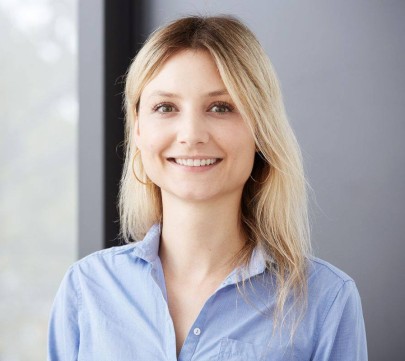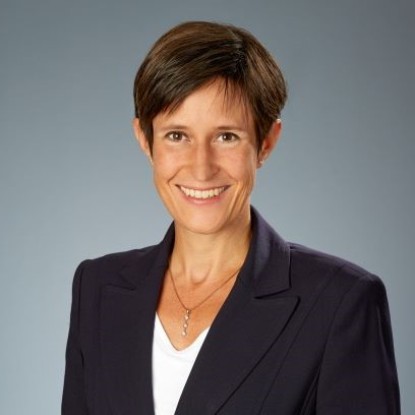Resonances as a Computational Tool
28. Januar 2026 at 17:15 Uhr
Where:
Nuclear Physics Hall (S2|14 24) Schlossgartenstr. 9.
Before the scientific talk, from 15:00, the speaker will meet with early career researchers and share experiences from her academic career.
Abstract:
A large toolbox of numerical schemes for dispersive equations has been established, based on different discretization techniques such as discretizing the variation-of-constants formula (e.g., exponential integrators) or splitting the full equation into a series of simpler subproblems (e.g., splitting methods).
In many situations these classical schemes allow a precise and efficient approximation. This, however, drastically changes whenever non-smooth phenomena enter the scene such as for problems at low regularity and high oscillations. Classical schemes fail to capture the oscillatory nature of the solution, and this may lead to severe instabilities and loss of convergence.
In this talk I present a new class of resonance based schemes. The key idea in the construction of the new schemes is to tackle and deeply embed the underlying nonlinear structure of resonances into the numerical discretization. As in the continuous case, these terms are central to structure preservation and offer the new schemes strong geometric properties at low regularity.
Bio:
Katharina's research focuses on computational mathematics of non-linear partial differential equations, in particular, rough data, long time scales and structure preserving algorithms.
She studied technical mathematics at the University of Innsbruck, where she finished her PhD in 2012. After a post-doc in Rennes, she became Junior Professor in Karlsruhe at KIT and later associated professor in Edinburgh at Heriot-Watt University. Since 2020 she is full professor at laboratory Jacques-Louis Lions at Sorbonne University in Paris.
She is member of five editorial boards and on the board of directors of Foundations of Computational Mathematics Society. She received an ERC starting grant in 2019.




